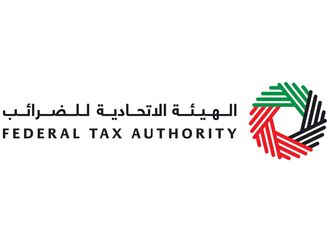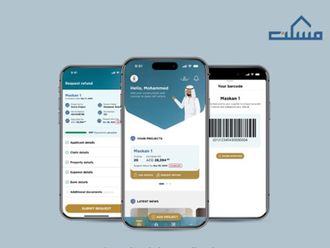
The global business community is intrigued by the recently introduced tax rules for Saudi Arabia’s regional headquarters.
This essentially refers to a unit of a multinational group established under the laws of Saudi Arabia. The 30-year tax holiday applies only to income from ‘eligible activities’, which are activities towards strengthening the group's profile in the region and providing strategic supervision, administrative guidance and support for the internal business of the company, subsidiaries, and other related entities.
‘Related companies’ or ‘related persons’ shall have the same meaning prescribed in the Kingdom’s transfer pricing bylaws.
Certain key issues need careful evaluation by businesses. Could a regional headquarters remain eligible for the tax holiday by providing strategic supervision to only a select number of related parties? Instead of all its regional/global related parties?
Does the strengthening the group’s profile in the region require that advertising and marketing activities for the entire region be conducted from Saudi Arabia?
A regional headquarters’ income from activities other than “eligible activities” will be taxed as per the relevant tax laws of the country. Relevant guidance states that they should not perform revenue operations. In other words, eligible activities are linked to internal business of related parties.
Would a client-facing role by a regional headquarters employee violate the scope eligible activities? The second tax incentive – 0 per cent withholding tax - applies on overseas payments made by regional headquarters for dividends, payments to related persons, and payments to third/unrelated persons for services necessary for the regional headquarters activities.
A careful evaluation alone would demonstrate the necessity of services, received from third parties, for regional headquarters’ eligible activities. Needless to say, separate books of accounts must be maintained for the revenue and associated costs of any ineligible activities conducted.
Economic substance requirements
Akin to any other tax incentives available globally, the Saudi regional headquarters program also mandates economic substance compliance - i.e., substance over form being present in the country. In addition to regulatory compliances, the entity must have adequate assets, adequate number of qualified full-time employees and incur adequate operating expenditure to conduct its activities.
The activities should be directed and managed in Saudi Arabia which includes holding board meetings to take strategic decisions. Additionally, the regional headquarters must have at least one resident director stationed in the country.
It has been prescribed that the entity should generate revenue from eligible activities within Saudi Arabia, perhaps because the program aims to create operational entities.
Transfer pricing compliance
The regional headquarters is also required to comply with the Gulf state’s transfer pricing bylaws and corresponding guidance issued by the Zakat, Tax and Customs Authority (ZATCA). It should conduct transactions with its related parties at arm's length. Such transfer pricing compliance should ideally achieve two objectives:
- The regional hub is not used as a pass through by global headquarters.
- The income commensurate with the entity’s activities would accrue in Saudi Arabia.
For transfer pricing compliance, the Organization for Economic Cooperation and Development (OECD) has prescribed a safe-harbour rule for ‘low value add services’ (LVAS). A mark-up of 5 per cent on costs is considered to be at arm’s length for LVAS.
Even though the eligible activity focuses on internal business of related parties, it is unlikely that RHQ activities could be treated as LVAS. The RHQ activities may command a high percentage of income as an arm’s length compliance.
Penalties
Various penalties have been prescribed for violation of the program. Any violation in relation to economic substance compliance could range from SR100,000 to SR400,000. In case of continuing violations, the tax incentives could be suspended.
The tax incentives could also be suspended in other scenarios. If a false or misleading information/declaration is submitted, or if the tax incentives are intentionally misapplied or overseas payments are made by using RHQ as a facade.
The Saudi regional headquarters model has various common features with the free zone incentives available under UAE corporate tax. It is important for businesses to ask the right questions to understand the context and scope of each tax incentive.









